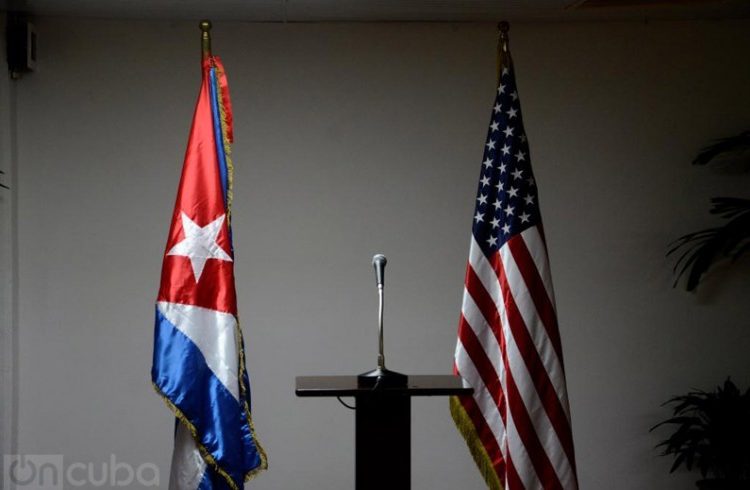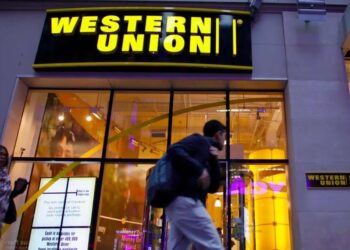The United States and Cuba will resume talks today in Washington, to continue negotiating the re-establishment of diplomatic relations.
A Cuban delegation headed by Josefina Vidal, director for United States affairs at Cuba’s Ministry of Foreign Affairs, arrived yesterday in the United States for the third round of negotiations.
The meeting takes place when two important steps have been taken: the elimination of Cuba of the State Sponsor of Terrorism list —provided that the measure is not opposed by Congress by May 29th—, and the establishment of an agreement with a U.S. bank that will handle Cuban transactions.
The latter was one of the most pressing issues, given the importance of these services for the work of a future embassy. The Cuban Interests Section in Washington has been without a bank since December 2013, when the M&T Bank of Buffalo, N.Y. cancelled its services to the Cuban representation.
Although none of the parties has revealed the name of the bank by Wednesday, a Sun Sentinel report identified it as being the Stonegate Bank.
The resuming of bank services will benefit not only Cuba and its diplomats, but also the public needing their services, who right now only have the option of paying in cash.
Another issue on the table will be the scope of operations of Cuban and American diplomats working at the embassies, a concern raised by Gustavo Machin, Vidal’s deputy, in a press conference on Monday in Havana.
According to the Cuban official, the Vienna Conventions regulating the activity of diplomats do not cover the use of an embassy as a training center that people can access to take online courses, as is the case of the U.S. Interests Section in Havana.
A senior State Department official answered a question from the press in connection to this issue on Tuesday: “I think as we come to closure on this, we will have an even fuller conversation on what may be at times some differing interpretations of the Vienna Convention and how we can come to an agreement on the way our diplomats should operate and the way their diplomats will obviously be permitted to operate in the United States, as everything in these agreements is reciprocal.”
If the two parties reach an agreement, they will have to notify the Swiss that, in view of the establishment of direct diplomatic relations, their mediation will no longer be needed. The U.S. government will also have to notify Congress about the change of status of the diplomatic mission in Cuba.
The abovementioned senior official, who spoke on condition of anonymity, also noted that Congress cannot block the decision to open an embassy in Havana, because the establishment of foreign relations is up to the Executive Branch. “In this case, there is no budgetary implication. There is no money being spent requested from Congress to make that change. And therefore, it is a notification only,” he explained.
With regards to the U.S. military base in Guantanamo Bay, the American official said that the issue was not a part of the talks.
“We have begun where it is logical to begin, which is the re-establishment of diplomatic relations, which is what the President and President Castro agreed to,” he said, and added that other issues would need to be discussed during the normalization process, such as “claims and other longer-term conversations.”
“I do think we’re closer than we have been in the past,” he said, “and I think my counterparts are coming up here with a desire to get this done. But equally, we have certain requirements that we need met, so we just have to see whether we can get there in this round of talks. I certainly hope so.”










